Report on the future of EU-Africa trade relations
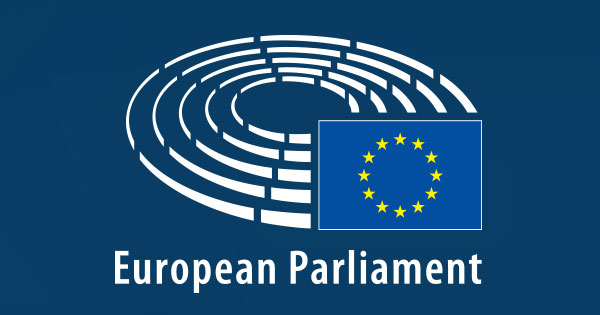
This report calls on the European Union to become aware of the fact that exhilarated, sustainable and inclusive economic development in Africa is in the interest of not only the AU and the people in all its 55 Member States. It is equally in the interest of the EU and the people in all its 27 Member States. Achieving the sustainable development targets agreed upon in the United Nations’ Agenda 2030 on both our continents must become the benchmark of success for our relations, including our trade and investment policies. I welcome in this regard, that the 6th EU - AU Summit on the 17th and 18th of February 2022 in Brussels was able to agree on a Joint Vision for 2030.
Quality investment in Africa today creates the conditions for flourishing and fair trade relations tomorrow. For too long, Africa has been reduced to supplying Europe, the U.S., Russia and, nowadays, China with raw materials and agricultural commodities, with its creative potential untapped and its ability to manufacture value-added products constrained. Due to the continued direction of trade from colonial times, wealth is being transferred continuously from the African periphery to the industrialised and increasingly digitised Centres. This has resulted in poverty for a huge share of the population in Africa. The EPAs were not able to change this.
Tax Transparency in Africa 2022: Africa Initiative Progress Report

Tax Transparency in Africa is a key output of the Africa Initiative, a programme established in 2014 to ensure that African countries are equipped to exploit the latest improvements in global transparency, to better tackle tax evasion and other illicit financial flows and ultimately improve domestic resource mobilisation to support their economic development.
The 2022 edition, a co-production of the Global Forum, the African Union Commission and the African Tax Administration Forum, covers 38 African countries and informs decision makers and citizens on the continent’s latest progress and remaining challenges. The launch was part of the 11th meeting of the Africa Initiative, which was held from 14 to 16 June in Nairobi, Kenya. The event gathered high-level representatives and experts from tax administrations, regional and international organisations, as well as academia and civil society organisations.
STDF 2021 Annual Report

The report by the Standards and Trade Development Facility (STDF) - covering, specifically for Africa, developments in the agri- and food business sectors throughout the conintent - spotlights how ongoing dialogue and cooperation among partners supported developing and least-developed countries to strengthen their food safety, animal and plant health capacity, to facilitate safe trade, despite the ongoing pandemic.
The latest Annual Report provides snapshots of STDF-supported projects and project preparation grants, on lowering aflatoxin contamination in maize in Burkina Faso to reduce borders rejections; improving phytosanitary controls to boost Ugandan flower exports; promoting IT solutions for pest surveillance and reporting in the Asia-Pacific; promoting biopesticide use in Asia, Africa and Latin America to facilitate trade; prioritizing SPS investments in the Caribbean and Ecuador; and strengthening the safety and quality of Sri Lankan spices for export.
African Youth Survey 2022
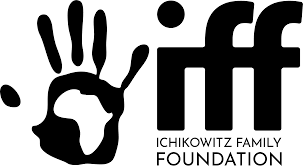
The Ichikowitz Family Foundation has published its African Youth Survey for 2022. The youth in Africa are concerned about the disproportionate effect of climate change on the African continent, the role of foreign companies in extracting resources, the influence of foreign leaders on the continent and we see China moving to the top spot of positive influences in the region.
The 2022 African Youth Survey provides a valuable update on the ‘Afro-optimism’ uncovered in the inaugural research conducted in 2019. This year’s study conveys the challenges of a generation and continent hit hard by the COVID-19 pandemic, but shows their continued resilience and ambition despite the challenges. The study reflects tensions of youth in Africa and the challenges they will navigate in the coming years. While their personal and entrepreneurial ambitions remain strong, the declining perception that their country is on the right path coupled with polarizing national leaders that lack trustworthiness are diminishing levels of optimism for the future. Foreign leaders are expected to have a bigger impact on Africa than national figures, yet foreign companies are seen as vehicles that extract resources without sufficiently benefitting the local communities. There is a recognition among African youth of the challenges facing the continent, particularly with increasing concerns towards the disproportionate impact of climate change and the difficulties surrounding vaccine distribution to tackle the COVID-19 pandemic.
PAFTRAC Africa CEO: Trade Survey Report 2022
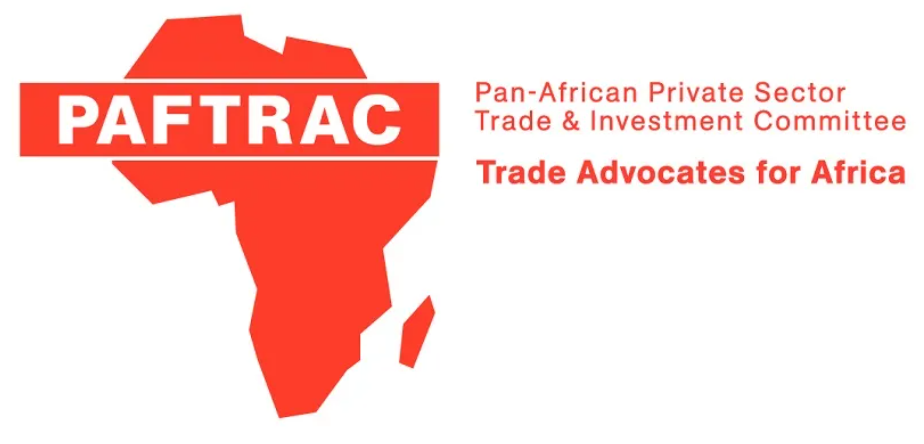
According to the United Nations Economic Commission for Africa (UNECA), Africa’s real GDP growth is projected to contract by 0.7 percent due to the Ukraine crisis, and inflation is expected to rise by 2.2 percent, pushing more people into food insecurity and poverty. The COVID-19 pandemic, and now the Ukraine crisis, has revealed the economically devastating impact of Africa’s continued dependence on external markets, even for basic agricultural commodities.
Africa imports around US$40 billion worth of food annually and the soaring wheat and sunflower prices in the wake of the Ukraine crisis threaten food security in the region. Russia and Ukraine are major exporters of wheat and sunflower to Africa. Wheat consumption in Africa is projected to reach 76.5 million tonnes by 2025, with 63.4 per cent of this projected figure being imported from outside of the continent. Already the region is facing acute price shocks and supply chain disruptions.
The EU as a Soft Power Superpower: Why a Green Marshall Plan for the Sahel Is Imperative

This research paper argues that the European Union should roll out a European Green Marshall Plan for ecosystem restoration and local governance in the Sahel region, located between the Sahara to the north and the Sudanian savanna to the south. Ecological degradation and related climate change put mounting pressure on the region. In combination with cyclical resource-related conflicts and the presence of terrorist and insurgent groups, this has created an increasingly volatile situation. European security and stability are indirectly at stake.
The EU’s ‘Old War’ footing and support for illegitimate, corrupt, and autocratic governments to ‘mow the lawn’ of terrorists and insurgents fails to address and often undermines fundamental human security needs in the region. The authors propose a remodelling of EU foreign and security policy to shift focus from current securitization efforts towards facilitating a green, bottom-up transition that empowers local communities’ ecological stewardship by using their existing knowledge, skills, and dynamics, and Farmer-Managed Natural Regeneration (FMNR). Failure to make these changes toward a human security-centred approach means the EU’s current security and climate-related policies risk further undermining rather than contributing to regional security.
Africa Energy Outlook 2022

Today’s global energy crisis underscores the urgency and magnitude of the task of transforming Africa’s energy sector, as well as the benefits of an accelerated shift to more affordable and cleaner sources of energy.
The Africa Energy Outlook 2022 is a new special report from the International Energy Agency’s World Energy Outlook series. It explores pathways for Africa’s energy system to evolve toward achieving all African development goals, including universal access to modern and affordable energy services by 2030 and nationally determined contributions.
The report analyses infrastructure expansion needs, investment requirements, financing options and energy policy priorities. It also explores a shifting fuel mix that supports resilient development, opportunities for new exports, and just transition issues – including energy access, affordability and employment.
Directions for Reform : A Country Economic Memorandum for Recovery and Resilience in South Sudan
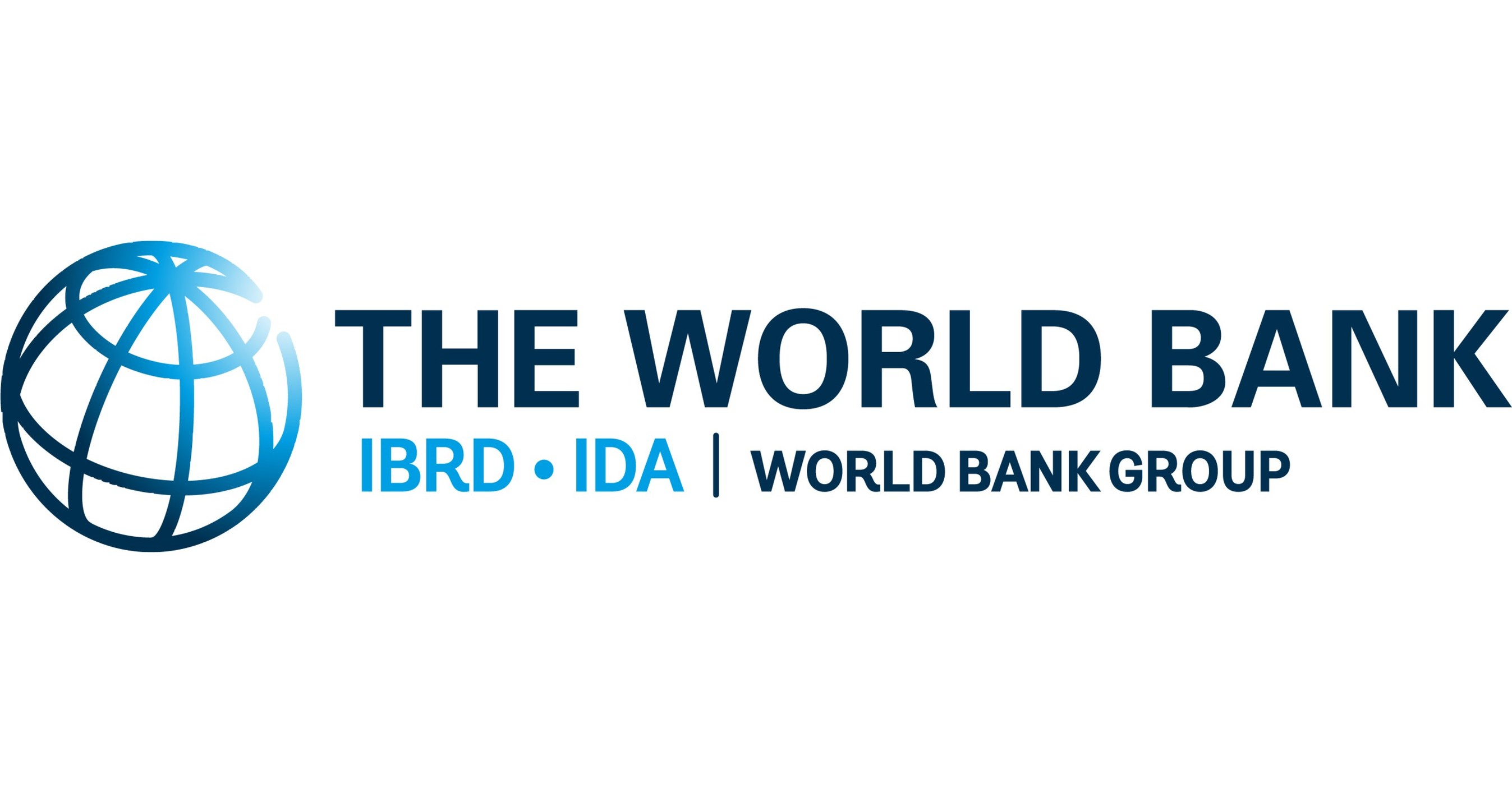
South Sudan is at a crossroads in its recovery, reconstruction, and development. Having gained independence in 2011 after two protracted civil wars, the country twice relapsed into conflict: first in 2013 and again in 2016. While the economy began to recover following the 2018 peace deal, progress has stalled amidst a multitude of crises – including the COVID-19 pandemic, climate shocks, and dwindling oil production. At the same time, the broad-based rise in commodity prices due to the war in Ukraine have on balance affected South Sudan adversely. A decade after independence, South Sudan remains caught in a web of fragility and economic stagnation, with weak institutions, recurring cycles of violence, and ubiquitous poverty.
EU AGENDA FOR A RENEWED MULTILATERALISM

In today’s world marked by major geopolitical and economic power shifts, multilateralism is the most effective means to govern global relations in a way that benefits all. Growing global challenges, such as the COVID-19 pandemic, climate change, conflicts and extreme poverty in many parts of the world, make all too evident the need for multilateral cooperation grounded on basic principles of international law and universal values.
In light of these challenges and opportunities, the European Commission and the High Representative have put forward a set of policy proposals for a new multilateral agenda to deliver for all in today’s complex world.
eCommerce Week - Outcome Report 2022: Data and Digitalization for Development
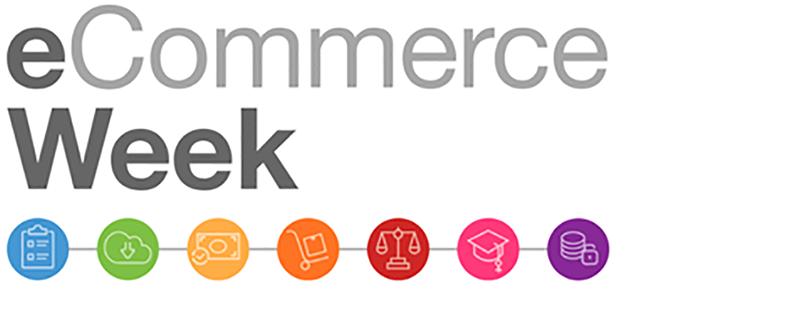
UNCTAD eCommerce Week is the leading forum for Ministers, senior government officials, CEOs and other business representatives, international organizations, development banks, academics and civil society to discuss the development opportunities and challenges associated with the digital economy.
Held simultaneously in Geneva and online from 25 to 29 April 2022 under the theme “Data and Digitalization for Development”, this edition looked at ways to strengthen the ability of developing countries, including least developed countries (LDCs), to continue engaging in and benefiting from e-commerce and the digital economy, to build more resilient and inclusive societies in a dramatically different postCOVID-19 environment.




